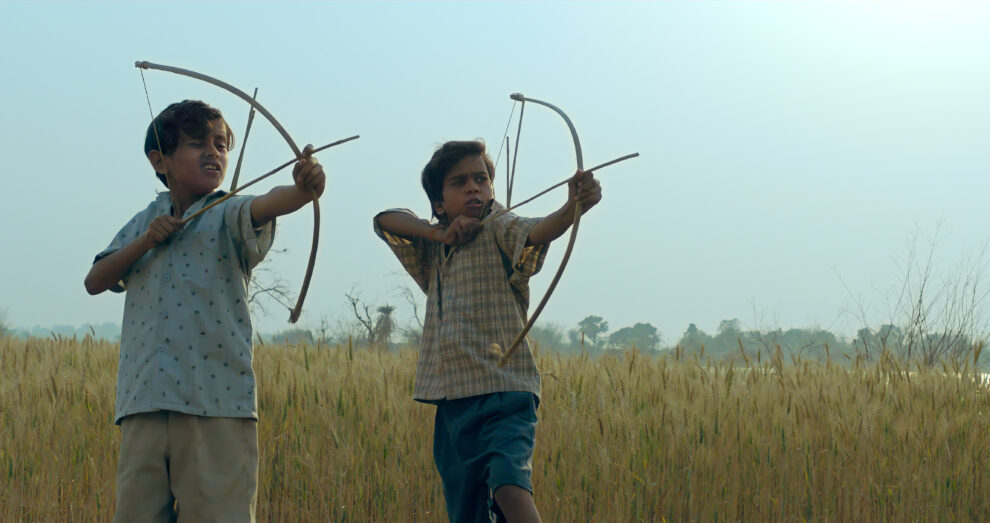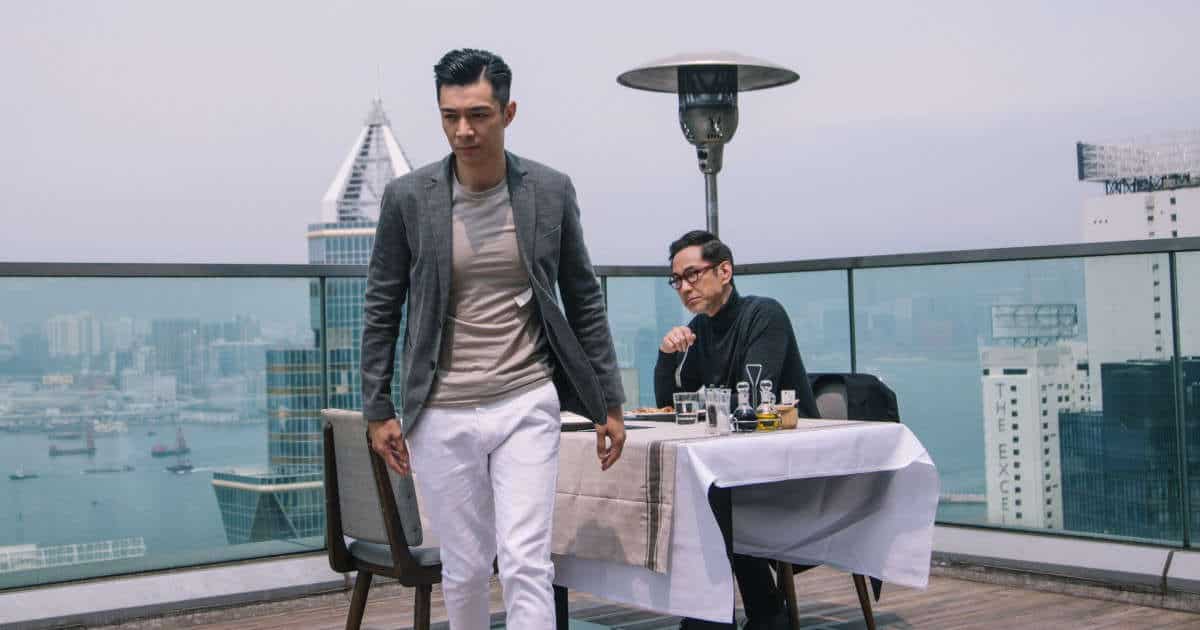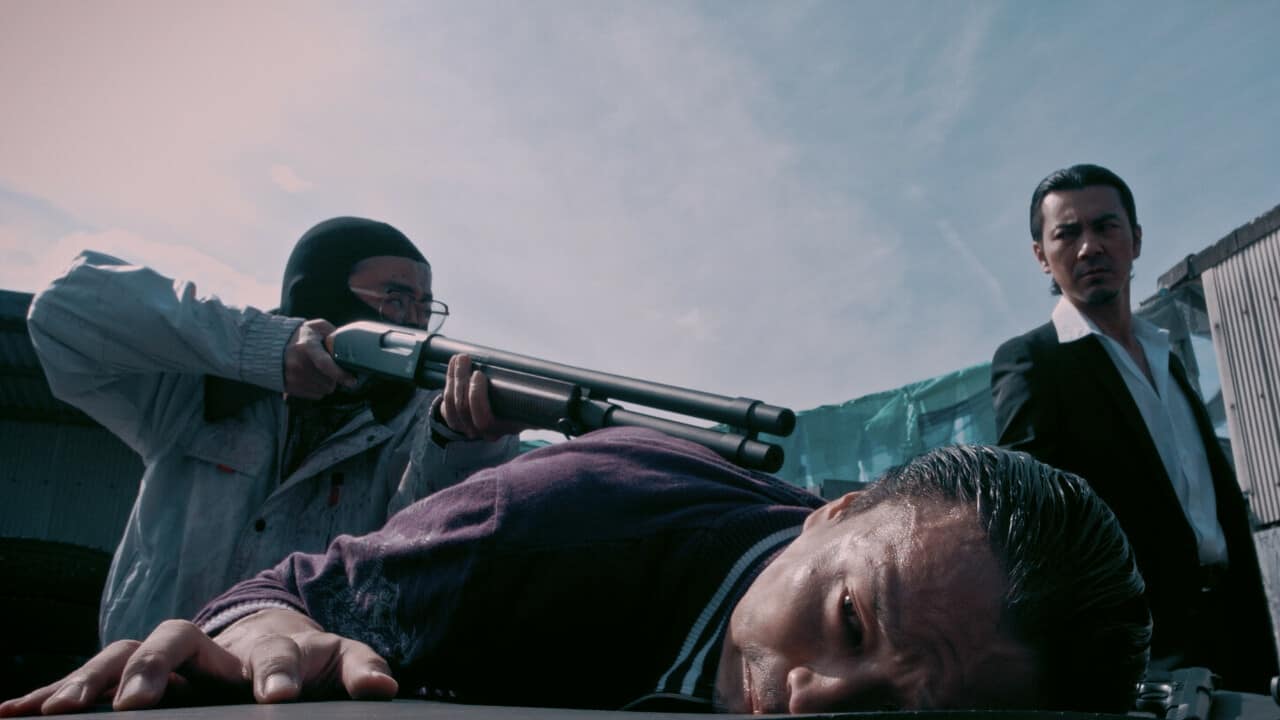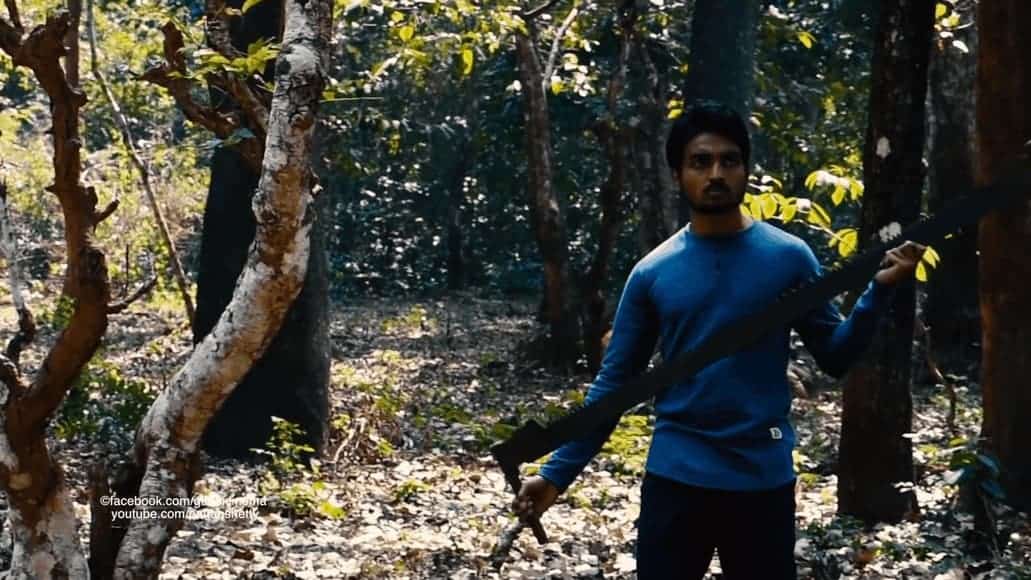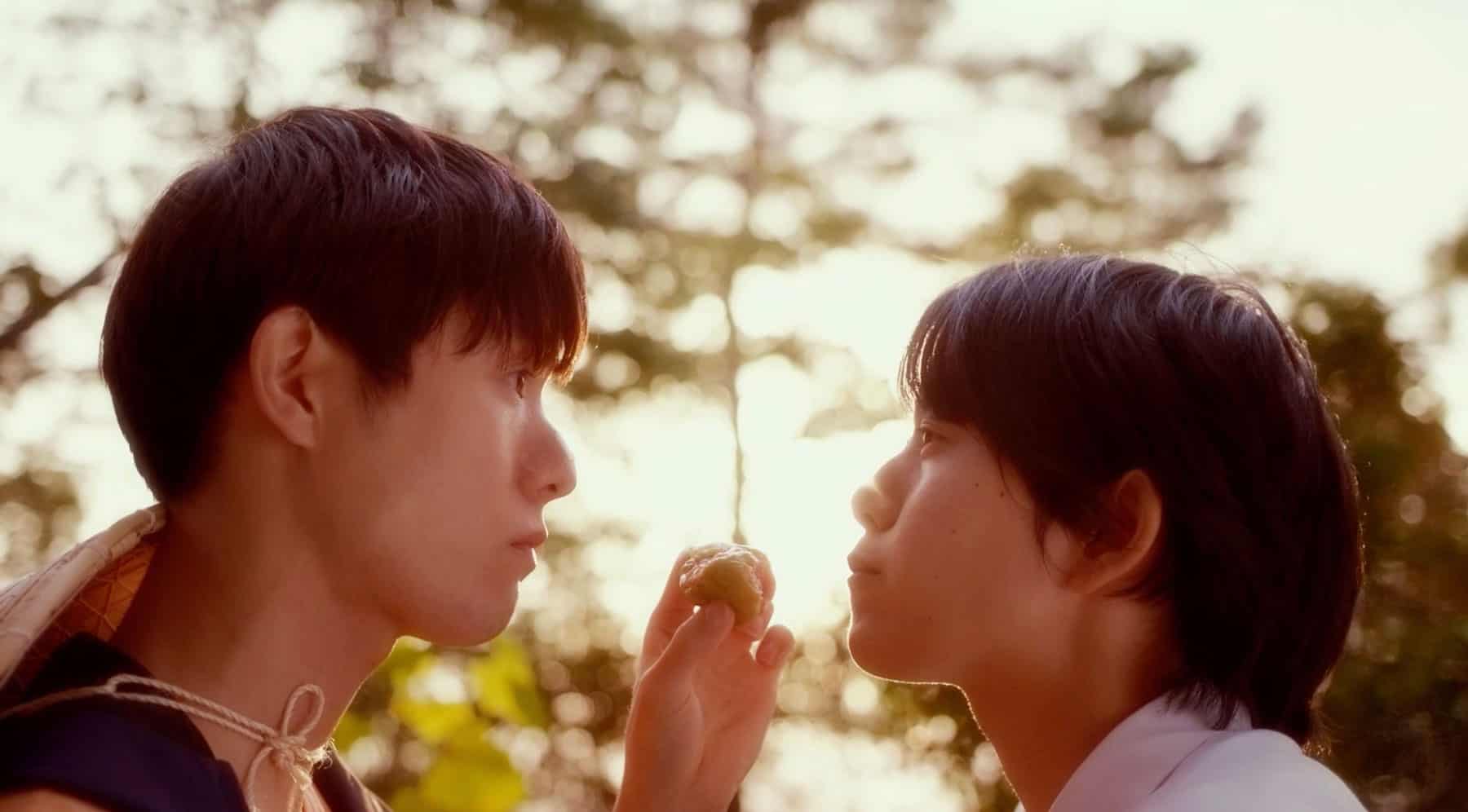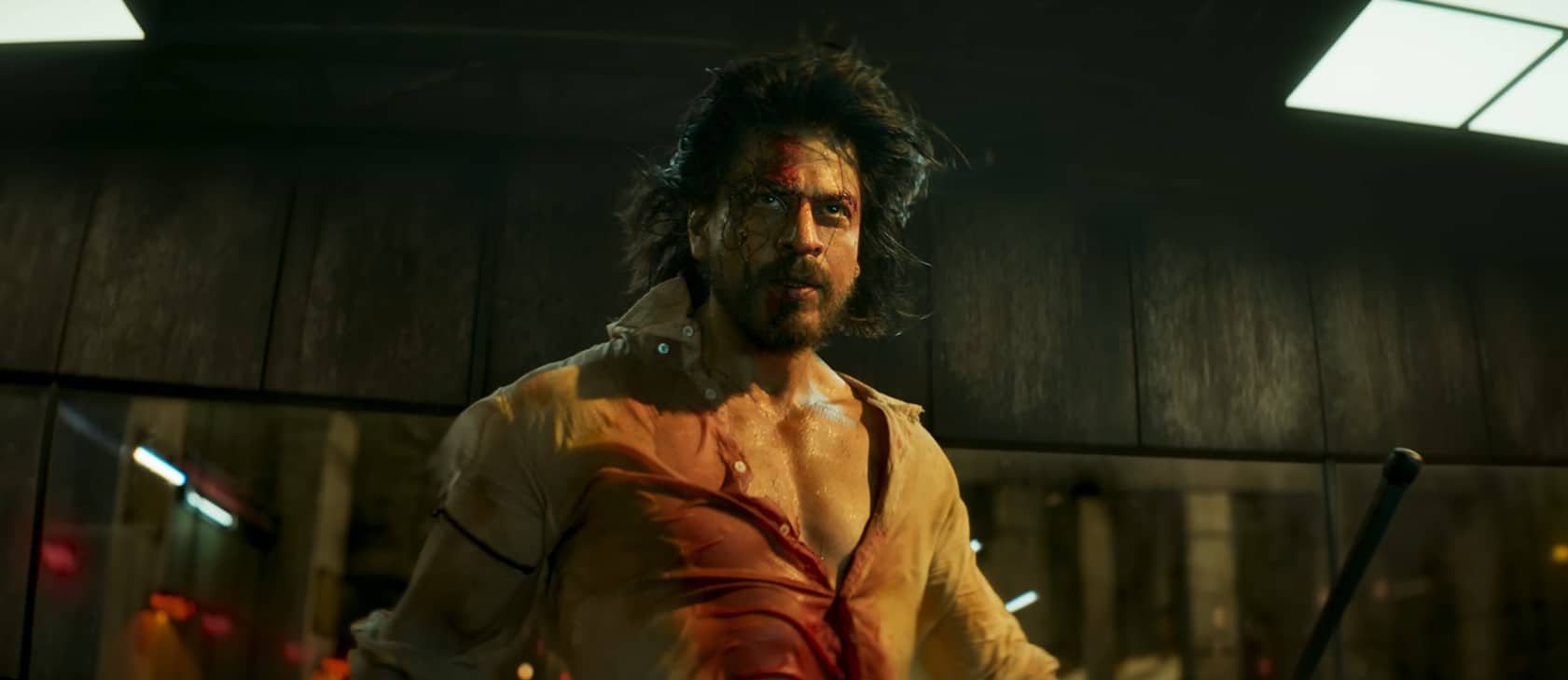Communal violence has been an issue all countries have been facing for centuries, which is, however, somewhat more intense in India still, where the clashes between the Hindus and the Muslims have resulted in a number of victims through the years. In “Bhagwan Bharose”, Shiladitya Bose tries to find out how the intolerance that leads to such incidents is born, by focusing on the lives of two kids in 1980's India.
“Bhagwan Bharose” review is part of the Submit Your Film Initiative

Bhola and Shambhu are two children living in rural India, in a small village. They get their teachings from Pandit-ji, a man who essentially explains the world through Hindu mythology, shaping up the kids in the village in that fashion. As they have no conception of any other alternative, the two never question what their teacher tells them. Things, however, begin to change, when Bhola's father returns to the village after working in Mumbai, bringing with him a TV. Although power is scarce in the area, Bhola watches any program that is on for hours whenever the appliance can be turned on, and the first questions start to arise in both him and Shambhu. When the two go to a “proper” school later on, the conflict between that Pandit was teaching them and science causes a profound dissonance with what they have previously learned and what their peers with prior educational experiences already know, thus creating even more conflict in their mind. As their uneducated parents cannot help them with the questions, frustration soon takes over, and inevitably, leads to violence.
Shiladitya Bora directs a very sensitive film that focuses on how the lack of proper guidance from every side, as much as the contradictory information they get confuse kids, essentially making them utterly frustrated and eventually prone to violence. Bhola and Shambhu hear things from Pandit-ji that have them thinking gods are responsible for every phenomenon that takes place in the world, as the man is solely interested in teaching Hinduism, instead of giving the kids a proper education. When they go to the school outside the village, they stumble upon a teacher who is supposedly willing to teach them science, but essentially only cares for his career, as much as the rest of the faculty, as the episode with the inspector eloquently highlights. As such, instead of being patient with Bhola about the things he had learned in his village, he instead beats him for embarrassing him in front of the inspector (in a scene that is narrated, not depicted).
Violence always begets violence, but that is not where the problem stops. Having a mother who, although loves and cares for him, cannot answer his questions about what is the truth, and a father who might be able but is constantly absent, Bhola's anger and frustration inevitably grows with each day. The questions between science and religion has been one tormenting people for years, and it is even more difficult for children who absorb every information they get without being able to process it themselves. The violence that ensues is explained in that fashion, but Bharose also takes care of presenting it in the bleakest colors, as much as its consequences, not sensualizing it in any way, but presenting it as the tragic result of all the aforementioned.
Check also this interview
The comments are presented eloquently throughout the story, and the selection of having the film take place in the 80s, when technology and particularly the internet were not prevalent, works well for the narrative. On the other hand, not all episodes make sense, and the truth is that the movie does lag on occasion, even if the 92 minutes are definitely economical. The kite competition for example seems to be only here to present some moments of beauty, which do highlight the overall excellent cinematography of Surjodeep Ghosh, but add very little to the narrative. In the same path, Suraj Gunjal's editing results in a relatively fast pace that suits the overall aesthetics nicely, but some trimming would definitely benefit the movie.
Bora extracts very convincing performances from Satendra Soni (Bhola) and Sparsh Suman (Shambhu), both of which portray their characters with a maturity beyond their years, with the first one in particular stealing the show a number of times. Masumeh Makhija eyes and smile as Radha, Bora's mother, fill the screen every time she appears in it, adding to the overall beauty of the movie which is also represented in the many idyllic shots of the rural setting.
Much more than a children's movie, “Bhagwan Bharose” may have some issues with the story, but as a whole, emerges as a very entertaining film that also makes a rather pointed and realistic comment about how violence in the particular setting is created.


